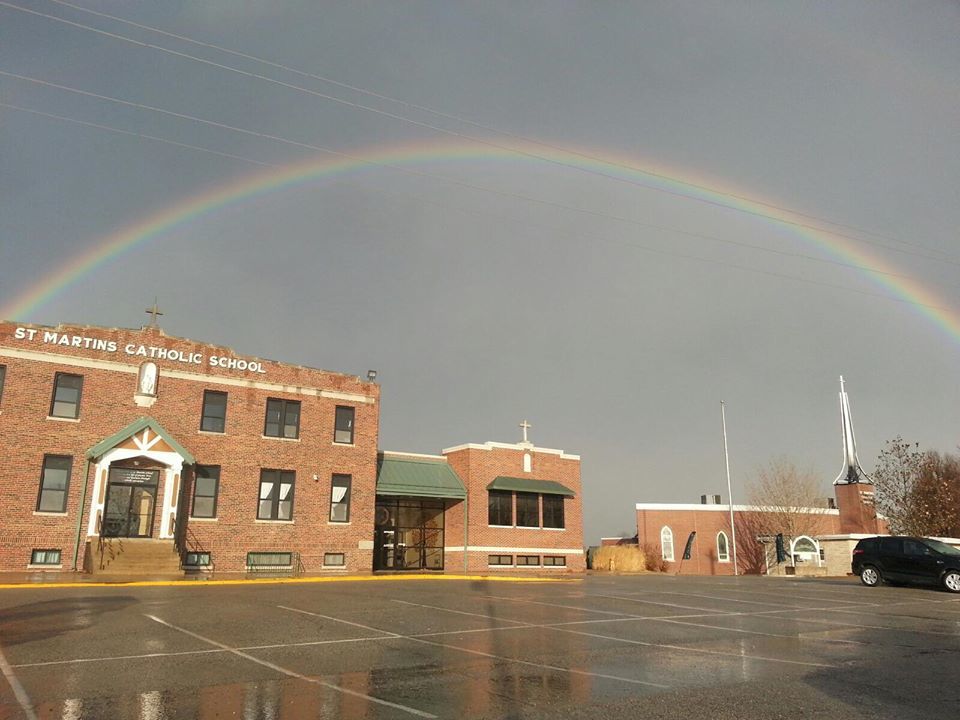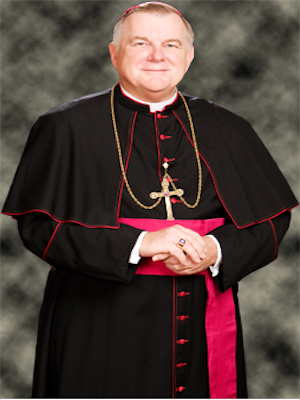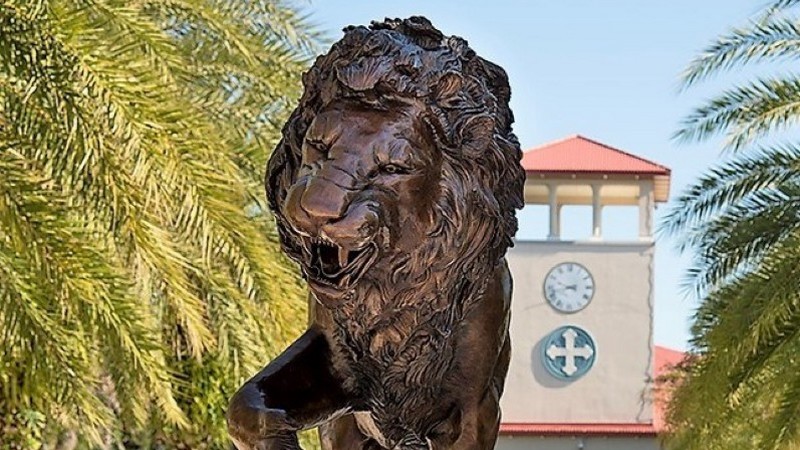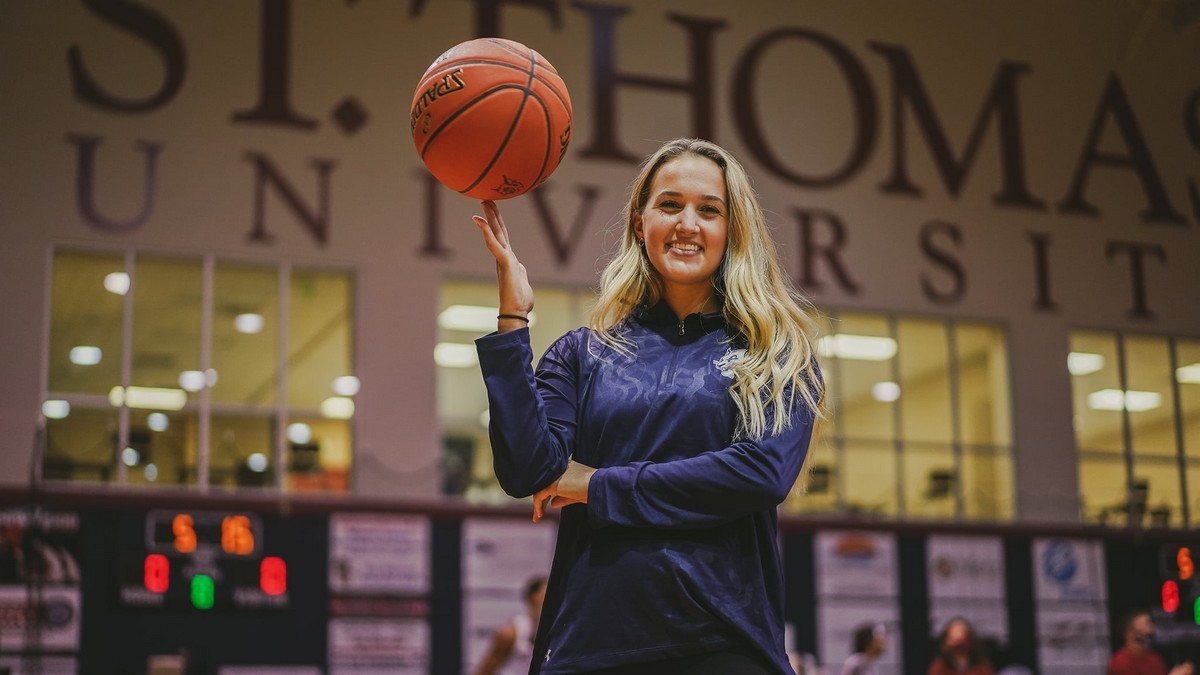
The Rev. Thomas Wenski, chairman of the U.S. Conference of Catholic Bishops' Committee for Religious Freedom, says that religious freedom such as the freedom to a seek a religion-based education must be functional to be fully realized. | Facebook
The Rev. Thomas Wenski, Archbishop of Miami and Chairman of the U.S. Conference of Catholic Bishops' Committee for Religious Freedom, recently shared his views on some weighty U.S. Supreme Court rulings with Executive Director of the Florida Conference of Catholic Bishops Michael Sheedy during a Catholics Across the Aisle podcast.
Sheedy and Wenski discussed multiple cases involving Catholic-based education and religious liberties, including Espinoza v. Montana Dept. of Revenue, Little Sisters of Poor St. Peter and Paul Home v. Commonwealth of Pennsylvania, Our Lady of Guadalupe School v. Morrissey-Berru and St. James School v. Biel.
“Religious freedom is not just a subjective feeling or a private relationship between me and God," Wenski told Sheedy. “Too often, we have people telling us that religion, like other things, should be only practiced in the privacy of one’s home. Faith has an objective reality outside of ourselves.”

Miami Archbishop the Rev. Thomas Wenski
For religious freedom to be functional, the institutions through which people practice their faith must be permitted to function within society, Wenski said. He likened it to the need to have newspapers or libraries in order for other freedoms of expression to be functional and not simply an idea.
“As freedom of speech depends on newspapers and other types of institutions, freedom of religion also depends on the healthy growth of religious institutions as well,” he said.
In the case of Espinoza v. Montana Dept. of Revenue, Wenski told Sheedy that language in the Montana Constitution – like several other state constitutions – was originally derived from an effort to undermine Catholic schools in favor of public schools that were, essentially, a Protestant school system. As the public school system has become more secular, others have sought to establish schools founded on the religious principles of varied denominations.
Since laws originally aimed at Catholics prevent state funds from going to those religion-based educational institutions, more parents are faced with being taxed twice for education, not only contributing to the public schooling funds, but also having to pay directly for the education of their children.
The Espinoza case allows that to be remedied through tax credit programs, Wenski said.
“Religion is not private,” he concluded. “It may be personal, but it’s not private.”






 Alerts Sign-up
Alerts Sign-up